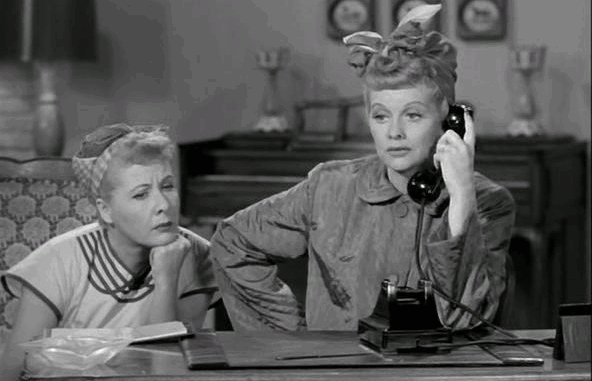
More than seven decades after it first aired, I Love Lucy continues to attract new viewers. While many classic shows fade into obscurity, Lucy Ricardo remains alive in pop culture. But why? What is it about this red-headed, accident-prone housewife that keeps her relevant?
The answer lies in her universal relatability and physical brilliance. Lucy represents that part of us that dreams big — and often stumbles just as big. She wants more from life than housework and cooking. She wants excitement, recognition, and purpose — and she’s willing to fake accents, don ridiculous costumes, and climb onto stage to get it.
This blend of ambition and absurdity is why we still laugh. Lucy’s comedic timing is impeccable, but it’s also built on emotional truths. She’s insecure yet determined, overconfident yet loveable. She’s married to Ricky, but her true “partner in crime” is her best friend Ethel — forming one of TV’s earliest examples of a strong female friendship on screen.
Lucille Ball’s performance is often underappreciated for its technical mastery. From perfect pratfalls to rubber-faced expressions, Ball brought a vaudevillian energy to the small screen, proving that women could dominate physical comedy — a realm long considered a man’s world.
In the era of YouTube and TikTok, Lucy’s gags remain viral. That’s because the core of her humor — failing spectacularly in pursuit of something you care about — is timeless. Lucy isn’t just a character; she’s an archetype we recognize in ourselves.
